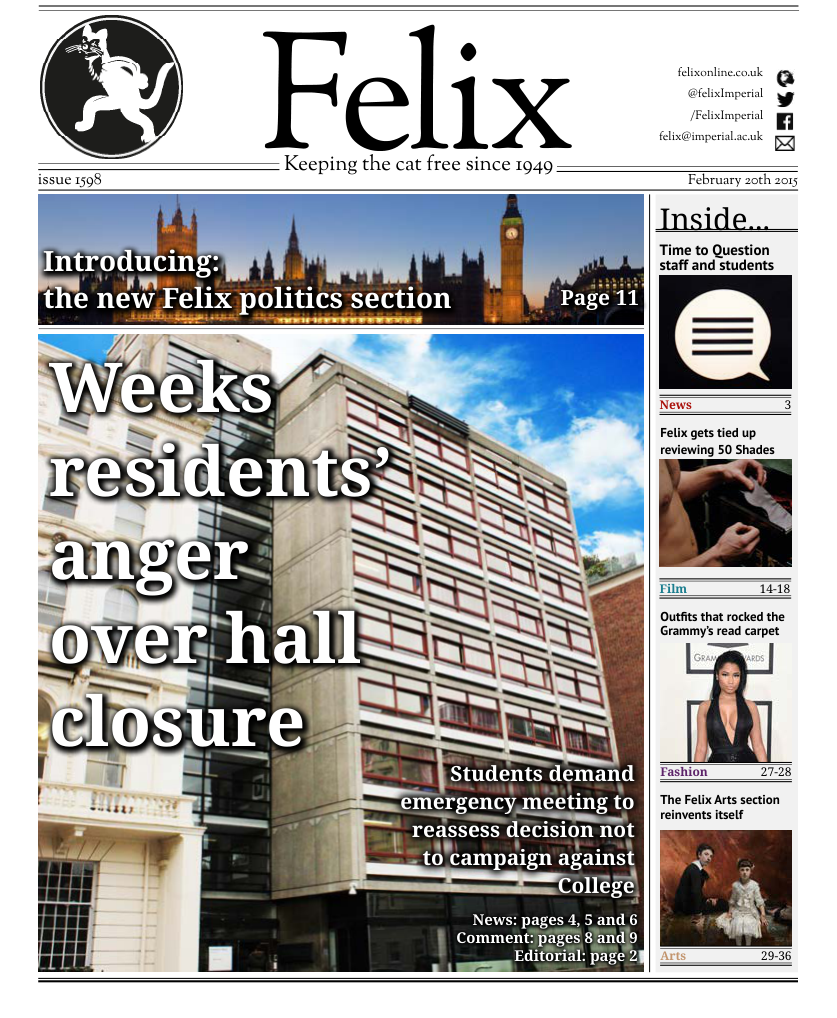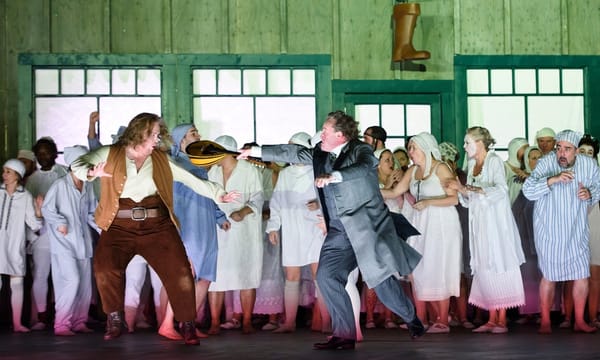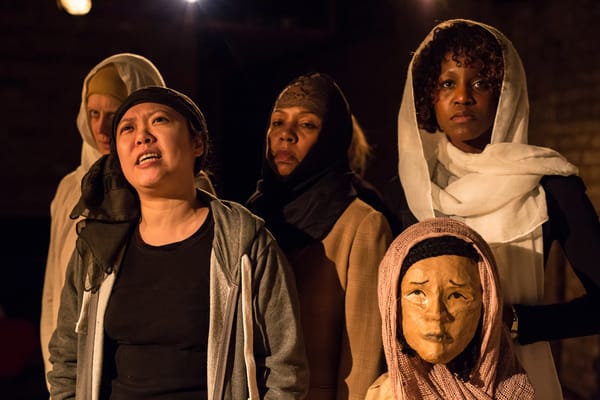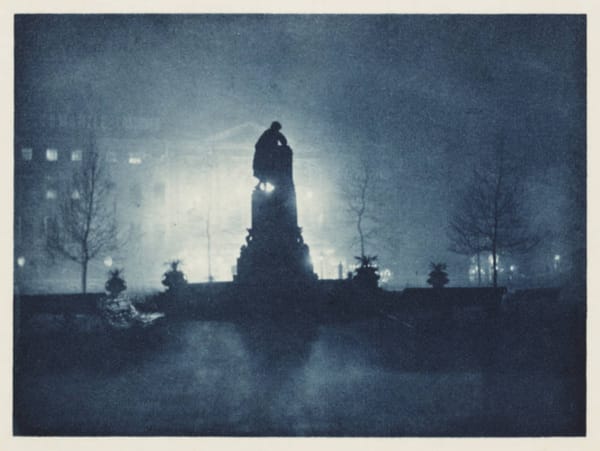Beauty and Betrayal at the ENO
Jingjie Cheng takes on Verdi’s classic La Traviata
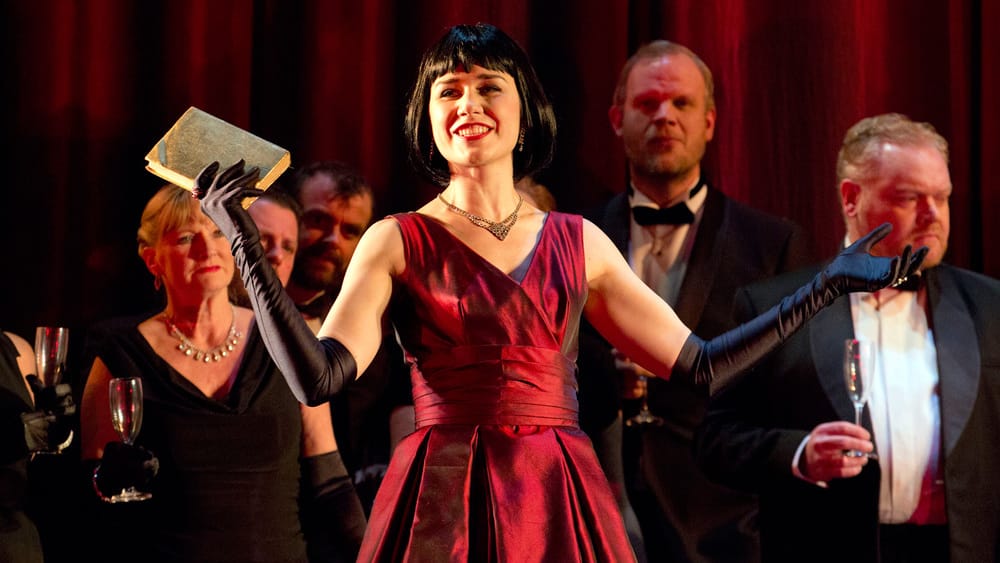
When it was first performed in 1853, the Venetian opera house La Fenice insisted that Verdi’s La Traviata be staged in the past, around 1700, despite his original intention of a contemporary staging. Perhaps the initial resistance was due to the opera’s controversial nature painting the main character of a prostitute as a human and a victim, but it was not until the 1880s that Verdi’s intentions were realized. In this modern production with the English National Opera however, director Peter Konwitschny is acutely aware of the timeless appeal and relevance of love, death, and the hypocrisy of society. What struck me was the minimalism of the production, with basic, monochromatic costumes and hardly any set – a story that could have happened anywhere, in any period of time.
Verdi’s multi-faceted social commentary sees Violetta, a high-class prostitute, falling for the bookish admirer Alfredo, who moves her with his devotion and sincere belief in living true to oneself. She follows him to the countryside, where Alfredo’s father Germont eventually finds her and, in order to preserve his family’s honour, convinces her to leave his son. Livid at this perceived betrayal, Alfredo publicly denounces Violetta in one of the most gripping scenes of the opera, where the socialites rush back on stage after leaving for dinner to hear his vicious words. With napkins tucked into their fancy clothes and wielding cutlery like weapons, the party-goers are bent over with anticipation, eyes hungry for drama and Violetta’s imminent downfall. This is the same bunch that attended her party in the first scene, supposedly celebrating her recovery with her. The hypocrisy is shocking, yet uncomfortably reminiscent of real life.
Zharoff captivates from start to end with her delicate yet unyielding delivery
First performed in 2013, Konwitschny’s La Traviata is on a revival with most of the cast returning except the role of Violetta; Elizabeth Zharoff is new to the role, yet she captivates from start to end with her delicate yet unyielding delivery. Her singing mirrors her transformation from a confident courtesan to a passionate lover to a victim of social hypocrisy resigned to her tragic fate. Ben Johnson’s Alfredo was convincing as a socially awkward bookworm, and although his singing began weakly, he did pick up from his earnest imploring of Violetta to get her to renounce her socialite lifestyle for a life of “real emotions”.
Konwitschny feels that Violetta is the only human character in the show – even Alfredo, whose sincerity is stirring at the start, turns around to destroy what he fought so hard to achieve. Indeed, the chorus was key to bringing out the main themes of the opera, from their polite but insincere celebration at the start, to their hunting down of Violetta at the end, as well as their presence on stage while she sings of her fate in the darkness. It is her solitary, doomed fight against the duplicity of society that moves us, and which makes her death seem like a final salvation.
Plot progression makes effective use of the very basic set: a sole wooden chair and several red curtains, from which Alfredo enters Violetta’s life and through which Germont comes to disrupt their down-to-earth existence in the countryside. As Alfredo’s ideals of love and passion take hold in Violetta, the two slowly draw the curtains to the sides, mirroring her revelation. When they meet again in the last scene, in which Alfredo repents but Violetta is too far gone in her illness, the two sing while pushing back imaginary curtains, clinging on to an illusion of what they have lost.
It is Violetta’s solitary doomed fight against the duplicity of society that moves us
Despite, or perhaps because of, the minimalism, staging is varied and interesting – from the fluid movements of the chorus, to the last scene where Violetta is the only one left on stage, the placements carried the themes very well. A strange addition that was not in Verdi’s original piece was the actual character of Germont’s daughter on stage, invoked to guilt-trip Violetta into giving up Alfredo, whose affair with a prostitute has ruined his sister’s chances of a respectable marriage. Awkward and equally bookish, the girl was out of place and seemed to me almost a hindrance to the whole scene.
La Traviata was also the first opera I have seen sung in English, which took some adjusting to at the start when characters sung passionately in English libretto. Perhaps it is the romanticism of foreign languages, but at some points the vernacular English phrases were somewhat comical when sung in earnest vibratos. Nevertheless, it was a good translation and it was nice to be able to understand without my eyes having to dart from subtitles to stage.
With the intertwining of a tragic love story with slick social commentary, carried by the voices of the impressive cast, Konwitschny’s production pruned the opera to its essence, and the result is sharp, relevant and clever.
La Traviata is on at the London Coliseum until March 13th . Tickets from £12


